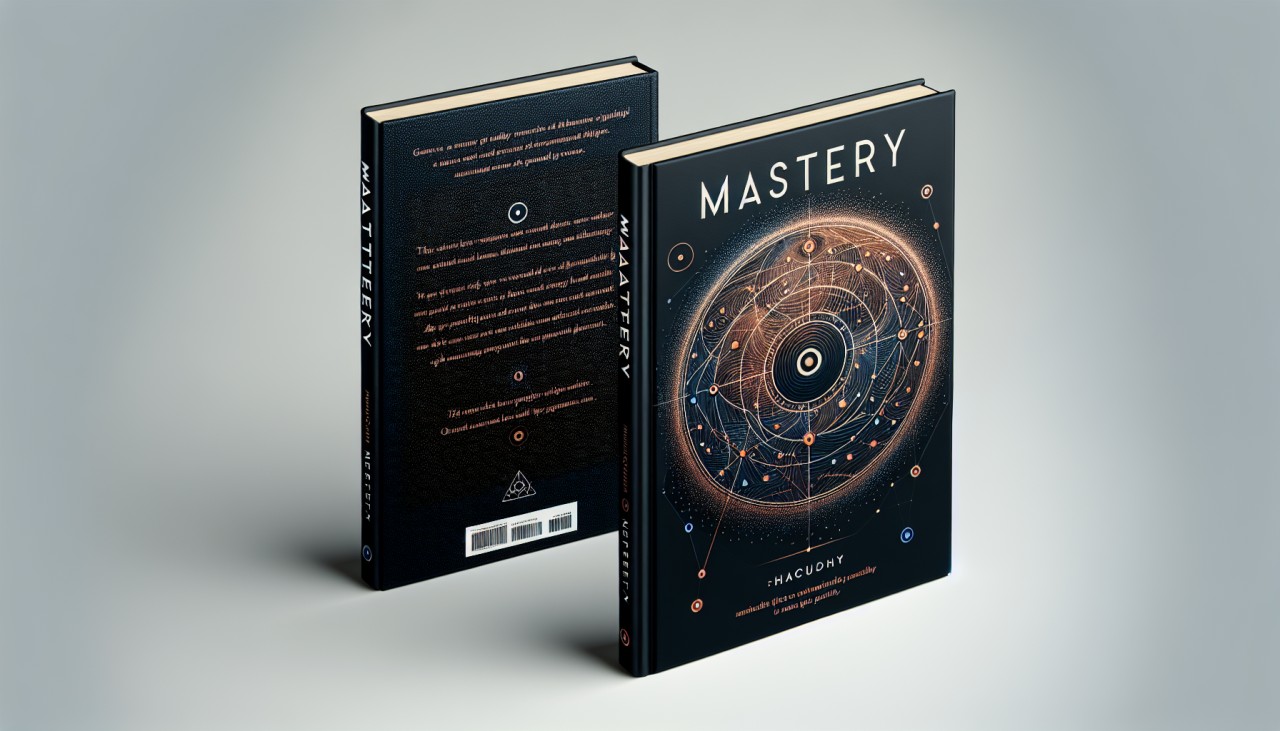In "Mastery," Robert Greene delves into the intricate process of achieving excellence by analyzing the lives of historical figures such as Charles Darwin and contemporary leaders like Temple Grandin. Greene emphasizes that mastery is not a function of innate talent but rather the result of time, focus, and deliberate practice. He introduces the concept of the "Life's Task," encouraging readers to identify their true calling by reflecting on their passions and interests. This introspection serves as the foundation for the journey toward mastery. Once the Life's Task is identified, Greene advocates for the apprenticeship phase, where individuals immerse themselves in learning the fundamentals of their chosen field. This period requires patience, discipline, and a willingness to embrace the learning process without the expectation of immediate rewards. Greene underscores the importance of mentorship during this phase, suggesting that guidance from experienced individuals can accelerate growth and provide valuable insights. He also highlights the significance of social intelligence, advising readers to understand and navigate human behaviors effectively to build meaningful relationships and avoid common pitfalls. The creative-active phase follows, where individuals begin to experiment, take risks, and develop their unique voice within their field. Greene stresses the importance of embracing failure as a learning opportunity and continuously seeking new challenges to foster growth. The final stage, mastery, is characterized by a deep, intuitive understanding of one's craft, allowing for innovation and the ability to push boundaries. Throughout the book, Greene provides actionable strategies, such as engaging in deep introspection to identify core interests, seeking apprenticeship opportunities, and cultivating social intelligence to navigate complex human interactions. He also emphasizes the need for continuous learning and the importance of embracing experimentation and failure as essential components of the journey toward mastery.
In practical terms, readers can apply Greene's principles by dedicating time each day to deliberate practice in their chosen field, seeking out mentors who can provide guidance and feedback, and actively engaging in self-reflection to identify areas for improvement. Utilizing tools like habit-tracking apps can help maintain consistency in practice, while journaling can aid in processing experiences and insights gained along the way. Additionally, adopting a mindset that views challenges and setbacks as opportunities for growth can foster resilience and perseverance. By integrating these practices into daily routines, individuals can steadily progress toward mastery, aligning their actions with their passions and long-term goals.
Key Takeaways
- Mastery is achieved through time, focus, and deliberate practice, not innate talent.
- Identifying your "Life's Task" aligns your efforts with your true passions.
- The apprenticeship phase involves immersing yourself in learning the fundamentals of your chosen field.
- Mentorship accelerates growth and provides valuable insights during the learning process.
- Social intelligence is crucial for building meaningful relationships and navigating human behaviors effectively.
- Embracing failure as a learning opportunity fosters resilience and continuous improvement.
- Continuous learning and seeking new challenges are essential components of the journey toward mastery.
- Developing a deep, intuitive understanding of your craft allows for innovation and boundary-pushing.
Example
To apply Greene's principles in daily life, consider dedicating a specific time each day to practice a skill you wish to master, such as writing, coding, or playing a musical instrument. Seek out a mentor or join a community of individuals who share your interests to gain feedback and support. Use habit-tracking apps to monitor your progress and stay consistent. Reflect on your experiences through journaling to identify areas for improvement and celebrate successes. Embrace challenges and view setbacks as opportunities to learn and grow, maintaining a mindset that fosters resilience and perseverance.
